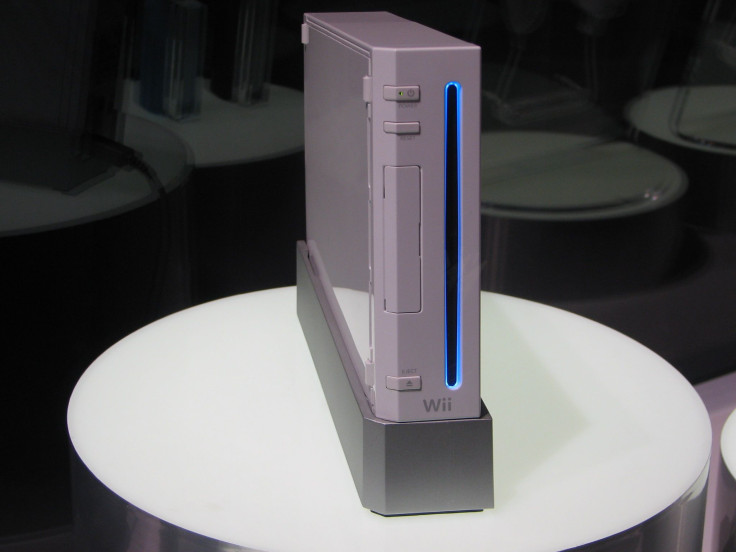Nintendo Wii Helps to Improve Balance and Mobility in Patients with Parkinson's Disease

Ever since the Nintendo Wii was released, scientists, doctors, and researchers have incorporated it more and more into their treatments for illnesses ranging from Parkinson's disease to cerebral palsy. Now, more research is saying that when used alongside an exercise routine, the Wii Balance Board can help people with Parkinson's disease improve their balance, among other things, helping to reduce the amount of times they fall.
"The ability of the Wii Balance Board to stimulate the central nervous system makes it potentially useful in the rehabilitation of balance problems in patients with Parkinson's disease," said Antonella Peppe, research professor at the Fondazione Santa Lucia in Rome. "Our results allow us to confirm that the Wii is an excellent tool that can compete with other devices in the rehabilitation of Parkinson's disease."
Peppe presented the pilot study's results at the annual International Congress on Parkinson's Disease and Movement Disorders.
Using the Tinetti balance test and the Unified Parkinson's Disease Rating Scale, the researchers found that patients who exercised for 60 minutes a day — spending 20 minutes on a treadmill, 20 minutes on a cycling exercise, and 20 minutes playing three different Wii games — improved their balance and gait in all areas tested. They were also able to improve their scores on the Global Mobility Task, the Parkinson's Disease Questionnaire-39, and on the Six-Minute Walk Test.
"Our results with the Wii Balance Board are encouraging," Peppe said in the presentation. "In fact, after the rehabilitation trial Tinetti's scale showed a statistically significant decrease in the risk of falling and the Global Mobility Task showed better stability, reflected in decreased time and increased functional ability highlighted by the Six-Minute Walk Test."
The participants in the study had an average age of 63 years old. They were diagnosed with Parkinson's at an average age of 51 and were only taking the drug levodopa to treat the disease.
"The study is interesting and could potentially add to a growing body of evidence for non-pharmacologic therapies related to management of Parkinson's disease," Dr. Jennifer Trilk, clinical assistant professor of biomedical sciences at the University of South Carolina School of Medicine, told MedPage Today.
There have been a number of studies showing the advantages of the Wii system on Parkinson's disease patients. A 2009 study focused on 20 Parkinson's patients who were all at different stages of the disease, although none showed significant gait disturbance at the time. Three times a week, for four weeks, they played an hour of tennis, bowling, and boxing, which require exercise, bilateral movement, balance, and quick thinking.
"The games require visual perception, eye-hand coordination, figure-ground relationships, and sequenced movement, so it's a huge treatment tool from an occupational therapy perspective," Dr. Ben Herz, program director and assistant professor in the School of Allied Health Sciences Department of Occupational Therapy, said.
All patients showed improvements in rigidity, movement, fine motor skills, and energy levels. What's more, for a disease in which an estimated 45 percent of patients have comorbid depression, the Wii brought most of the participants' depression levels down to zero.
Herz, who presented his findings at the annual Games for Health Conference, said that exercising with the Wii increased dopamine in the participants — a neurotransmitter that helps control the brain's reward and pleasure centers, but is normally found in lesser quantities in Parkinson's patients. He also said these increased quantities in the participants helped them improve voluntary, function movements which Parkinson's patients can either "use or lose."
"Game systems are the future of rehab," Dr. Herz said. "About 60 percent of the study participants decided to buy a Wii for themselves. That speaks volumes for how this made them feel."
Published by Medicaldaily.com



























